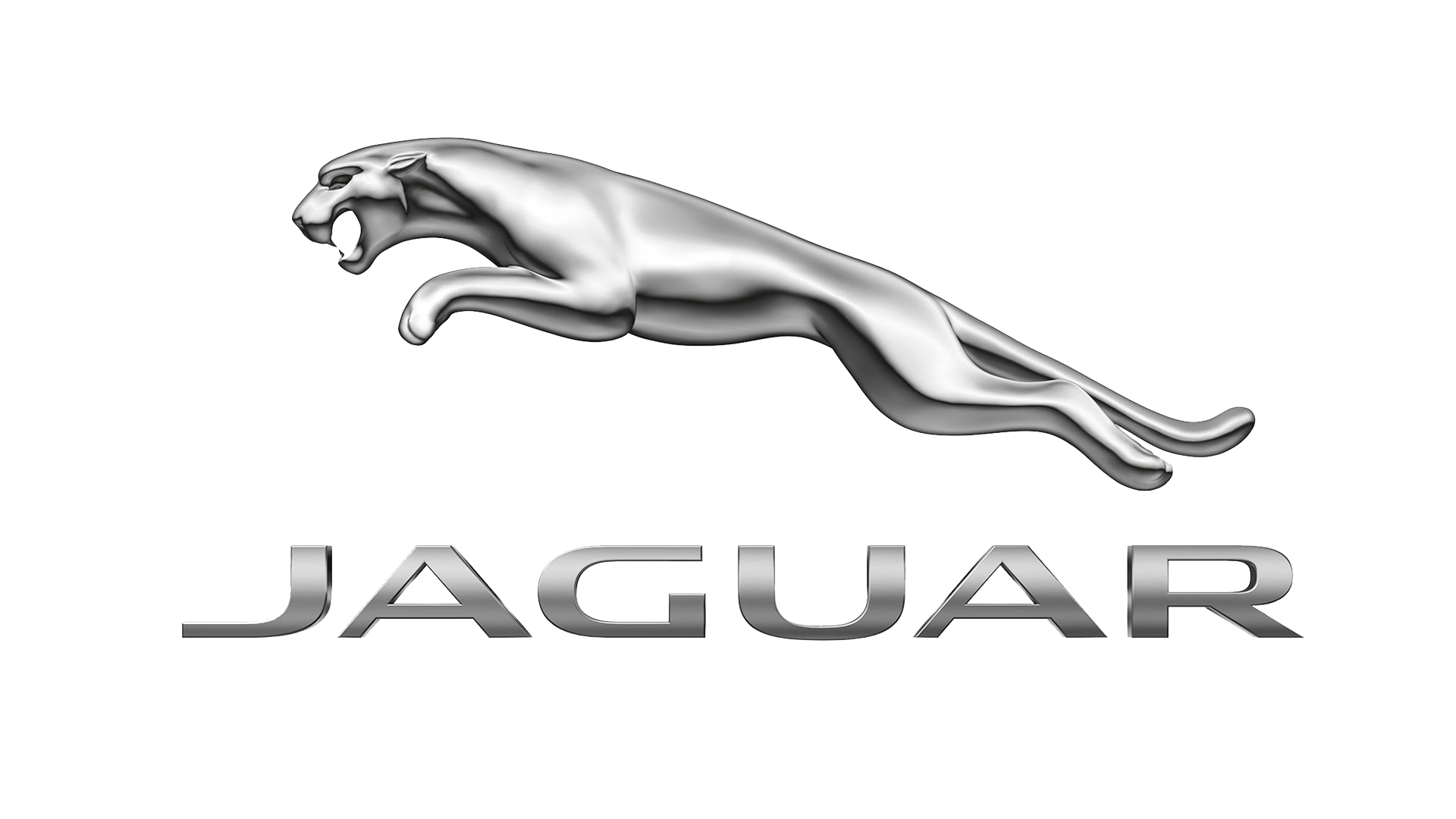The Toyota Noah is a well-loved Multi-Purpose Vehicle (MPV) that has captured the hearts of families and businesses alike. Since its debut in Japan, it has evolved to offer a practical, reliable, and spacious ride for those in need of a family car, commercial transport, or even a versatile vehicle for personal use. Whether you’re looking to explore the Toyota Noah for the first time or you are considering upgrading to a newer model, this guide will provide you with all the essential information.
In this article, we will dive into the Toyota Noah’s history, its detailed review, the pros and cons of owning one, and a comparison with some of its competitors. By the end, you’ll have a comprehensive understanding of whether the Toyota Noah is the right choice for your needs.
History of the Toyota Noah
Launch and Origins (1998)
The Toyota Noah was first introduced in Japan in 1998. Initially designed to cater to families and commercial needs, the Noah quickly became a staple in the Japanese automotive market. It was built as a practical and spacious alternative to traditional sedans and hatchbacks. Its versatility made it popular for large families, business owners needing reliable transport, and even as a passenger van in various industries.
Evolution Over the Years
Over the years, the Toyota Noah has undergone several transformations. Its early models were straightforward, emphasizing practicality and space. However, as technology advanced, so did the Toyota Noah. Successive generations introduced important updates such as improved safety features, better fuel efficiency, and more modern styling.
Notably, the introduction of hybrid versions was a game-changer. With rising environmental awareness, Toyota introduced hybrid variants of the Noah, offering improved fuel efficiency and lower emissions, while maintaining the vehicle’s performance and reliability.
Positioning in the Market
The Toyota Noah is often compared to other Toyota MPVs like the Toyota Estima and Toyota Alphard. While these vehicles are larger and cater to the luxury market, the Toyota Noah is a more budget-friendly alternative without compromising on comfort and practicality. The Noah competes with other MPVs such as the Honda Stepwgn, Nissan Serena, and Mazda 5. It is a versatile vehicle that appeals to a wide range of customers, from families to small businesses.
Toyota Noah: Review price pros and cons
Exterior Design
The exterior of the Toyota Noah is designed to be functional and stylish, with a boxy shape that maximizes interior space. The large windows offer excellent visibility, while the sliding side doors make getting in and out easier, especially in tight spaces. With sleek headlights and a modern front grille, the Toyota Noah maintains a family-friendly yet stylish appearance.
Interior Features
Inside, the Toyota Noah offers a spacious cabin that can comfortably seat up to seven or eight passengers, depending on the configuration. The seats are versatile and can be folded or adjusted to accommodate passengers or cargo. The interior materials used are durable and practical, built to last.
This vehicle has one of the most advanced infotainment systems on the market. It includes a large touchscreen display, smartphone integration, and a reliable navigation system to keep you connected and entertained during long drives.
Performance
Under the hood, the Toyota Noah offers a range of engines, including a hybrid option for improved fuel economy. The standard engine is known for its reliability and smooth performance, providing a comfortable driving experience whether you're commuting in the city or heading out for a weekend getaway.
The hybrid model is particularly popular for its fuel efficiency, making the Toyota Noah a more environmentally friendly option without sacrificing performance.
Safety Features
Safety is a top priority for Toyota, and the Toyota Noah is no exception. Equipped with Toyota Safety Sense, the Noah includes features like lane-keeping assist, pre-collision systems, and adaptive cruise control. These technologies work together to ensure the safety of both the driver and passengers, making it an excellent choice for families.
Technology and Infotainment
The Toyota Noah is equipped with cutting-edge technology to make every ride more enjoyable. With features like smartphone integration, Bluetooth connectivity, and an advanced navigation system, the Toyota Noah keeps drivers connected no matter where they go. The high-quality sound system ensures a pleasant experience for all passengers.
Cargo Space and Utility
No matter what you need to haul, the Toyota Noah excels in cargo space. The rear seats can be folded down easily to create a flat load floor, making it easier to load larger items. Because of this, it is an excellent choice for families and businesses.
Pros and Cons of the Toyota Noah
Pros
- Ample Seating and Cargo Space: Whether you are driving a large family or an organization, the Toyota Noah offers ample seating and cargo space.
- Comfortable Ride: The smooth and quiet ride ensures comfort even on long journeys.
- Fuel Efficiency: The hybrid models provide excellent fuel economy, making it more affordable to run.
- Safety Features: Equipped with Toyota Safety Sense, the Toyota Noah offers comprehensive safety features that protect you and your loved ones.
- Reliability: Known for Toyota's legendary durability, the Noah is a dependable choice that will last for years.
Cons
- Price: The Toyota Noah is priced higher than some other MPVs, especially in certain markets.
- Luxury Features: While the Noah is well-equipped, it lacks some of the premium features of higher-end models like the Toyota Alphard.
- Size: Due to its large dimensions, it may be difficult to maneuver in tight urban areas.
- Limited Availability: Toyota Noahs are not as widely available outside of Japan as other similar models.
The price of the Toyota Noah varies significantly based on the model year, trim level, and condition (new or used). Below is a summary of the current pricing for different models of the Toyota Noah in both Japanese Yen (JPY) and US Dollars (USD).
New Toyota Noah Prices
2025 Model:
-
- Regular Body Model (2WD): ¥4,600,000 (~$31,800)
- Regular Body Model (4WD): ¥5,000,000 (~$33,800)
- Aero Body Model (2WD): ¥5,200,000 (~$35,800)
- Aero Body Model (4WD): ¥5,600,000 (~$37,800) .
Used Toyota Noah Prices
- 2018 Toyota Noah Hybrid SI W×B: ¥2,424,000 (~$16,800)
- 2022 Toyota Noah S-Z: ¥4,024,000 (~$28,300)
- 2024 Toyota Noah Hybrid X: ¥5,708,600 (~$40,300)
- 2017 Toyota Noah SI: ¥1,181,000 (~$8,300)
- 2014 Toyota Noah G: ¥2,389,900 (~$16,700)
Price Range Summary:
The prices for used Toyota Noah models generally range from approximately ¥800,000 ($5,600) for older models to over ¥5,700,000 ($40,300) for newer or hybrid versions
Read More : Toyota vs honda which is better
Competitor Analysis
Honda Stepwgn
The Honda Stepwgn is a direct competitor to the Toyota Noah in the Japanese market. Both vehicles cater to families and offer a similar range of features, but the Stepwgn is more compact, making it easier to maneuver in tight spaces. However, it sacrifices some cargo space compared to the Toyota Noah.
Nissan Serena
Another competitor is the Nissan Serena, which offers a similar family-friendly experience. The Serena boasts a spacious interior and a comfortable ride, but it falls short in terms of fuel efficiency and safety features compared to the Toyota Noah.
Mazda 5
The Mazda 5 is a smaller, more budget-friendly option. It’s easier to drive and park but lacks some of the advanced features and performance that the Toyota Noah offers. It’s a good alternative for those looking for a more compact MPV.
Kia Carnival (International Markets)
In countries such as Australia and North America, Kia Carnival is popular. It offers strong engine performance and a more modern design but does not provide the same level of fuel efficiency or hybrid technology found in the Toyota Noah.
Should You Buy the Toyota Noah?
The Toyota Noah is ideal for those who need a spacious, reliable, and versatile vehicle. Whether you need to transport passengers or cargo, this is the vehicle for you. Its combination of fuel efficiency, safety features, and practicality makes it a great choice for those looking for a multi-purpose vehicle.
However, if you’re looking for a more luxurious vehicle or one that is easier to maneuver in urban areas, you might want to consider other options like the Honda Stepwgn or the Nissan Serena.
Toyota Noah 2002
The Toyota Noah 2002 is part of the first generation of the model. It features a functional design with ample interior space for passengers and cargo. Known for its reliability, this year’s model comes with a 2.0-liter engine and was offered with both gasoline and diesel options in different markets. The 2002 model also includes features like automatic climate control, power windows, and a solid safety package with airbags and ABS. While it may lack the modern technology of newer models, the Toyota Noah 2002 is still a reliable choice for those seeking an affordable, used MPV.
How Much Is a Toyota Noah 3S Engine in Lusaka, Zambia?
The price of a Toyota Noah 3S engine in Lusaka, Zambia, can vary depending on the condition and whether it's new or used. Typically, a used 3S engine for the Toyota Noah can cost between 10,000 ZMW to 15,000 ZMW (Zambian Kwacha) for a standard used engine. However, prices may fluctuate based on the year of the vehicle, the engine's condition, and availability in local parts markets. It’s best to consult local auto parts suppliers for the most accurate and up-to-date pricing.
How to Replace Bearings in a 4x4 Toyota Noah
Replacing bearings in a 4x4 Toyota Noah involves the following steps:
- Lift the Vehicle: Use a jack to lift the vehicle and secure it on jack stands. Ensure the wheels are off the ground.
- Remove the Wheel: Take off the wheels to access the hub.
- Remove the Brake Components: Disassemble the brakes by removing the brake caliper and rotor to expose the hub assembly.
- Remove the Hub Assembly: Use the appropriate tools to remove the hub assembly, including the axle nut and any retaining bolts.
- Replace the Bearings: Using a bearing press or a hammer, remove the old bearings and install the new ones.
- Reassemble the Hub: Once the new bearings are in place, reassemble the hub, brake components, and wheel.
- Test: Ensure the vehicle is properly reassembled and test drive to check for any issues.
What Oil Should Be Used in 2001 Toyota Noah?
For the 2001 Toyota Noah, the recommended oil is 5W-30 or 10W-30 multi-grade motor oil. Synthetic oils can be used for better performance, especially in extreme temperatures, but conventional oils will also suffice. Be sure to follow the manufacturer's instructions when checking the oil level in your engine. Synthetic oil usually needs to be changed every 5,000 to 7,500 miles.
What to Do When Toyota Noah Won't Start?
If your Toyota Noah won’t start, follow these troubleshooting steps:
- Battery: Dead batteries are one of the most common causes of starting problems. The battery needs to be charged and the terminals need to be clean.
- Inspect the Fuses: Check for blown fuses that may affect the starting system.
- Examine the Starter Motor: If the battery and fuses are fine, the issue could be with the starter motor.
- Fuel System: Make sure there is enough fuel and the fuel pump is working.
- Ignition System: Faulty spark plugs or the ignition system may prevent the car from starting.
- Call a Mechanic: For a detailed diagnosis, consult a professional mechanic.
See More : Check out this site if you are interested in buying a used or new Toyota Noah ( Next-Drive )
Conclusion
The Toyota Noah stands out for its reliability, spaciousness, and fuel efficiency, making it a great option for families and businesses. While it may not be as luxurious as some higher-end MPVs, it offers a well-rounded package that is hard to beat. With its advanced safety features and comfortable ride, the Toyota Noah remains a top choice for those in search of a practical, multi-purpose vehicle.
To find the best deals on a used Toyota Noah, check local dealerships or online platforms. Whether you purchase a new or used Toyota Noah, you can expect the same quality and reliability that Toyota is known for.



























